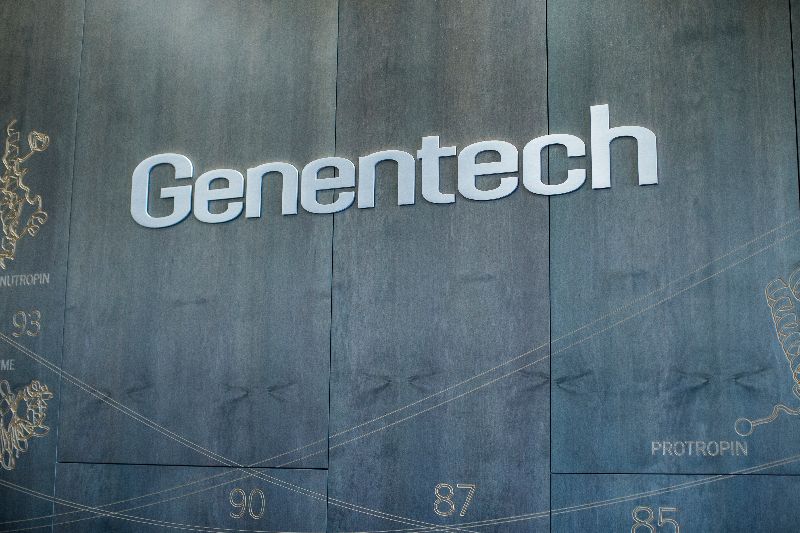
Roche Group unit Genentech has received breakthrough therapy designation from the US Food and Drug Administration (FDA) for Esbriet (pirfenidone) to treat unclassifiable interstitial lung disease (uILD) in adults.
Esbriet holds approval to treat idiopathic pulmonary fibrosis (IPF) in more than 60 countries.

Discover B2B Marketing That Performs
Combine business intelligence and editorial excellence to reach engaged professionals across 36 leading media platforms.
ILD is a group of more than 200 types of rare pulmonary diseases. Nearly 10% of patients reviewed by a multidisciplinary team cannot receive a definitive diagnosis, categorised as uILD.
The FDA granted the breakthrough designation comes from results of Phase II clinical trial, which assessed the safety and efficacy of Esbriet in uILD.
This is said to be the first randomised controlled trial to involve progressive fibrosing uILD patients at 70 centres.
According to the study data, the drug slowed disease progression and demonstrated efficacy on various lung function parameters such as forced vital capacity (FVC).

US Tariffs are shifting - will you react or anticipate?
Don’t let policy changes catch you off guard. Stay proactive with real-time data and expert analysis.
By GlobalDataThe safety and tolerability profile of the drug was comparable with the data gathered in Phase III trials in patients with IPF.
Roche chief medical officer and Global Product Development head Levi Garraway said: “Today’s milestone for Esbriet builds on our continued commitment to improving the standard of care for people living with fibrotic lung diseases.
“We look forward to discussing the data with the FDA with the hope of bringing our important medicine to those with uILD who are currently without a treatment option.”
European regulatory authority approved Esbriet to treat adults with mild-to-moderate IPF in 2011, while the FDA granted US approval in 2014.
Later in 2017, the FDA also approved 801mg and 267mg tablets of the drug as new options for IPF.
In February, the FDA granted priority review to Roche’s Tecentriq (atezolizumab) to treat non-small cell lung cancer (NSCLC).




